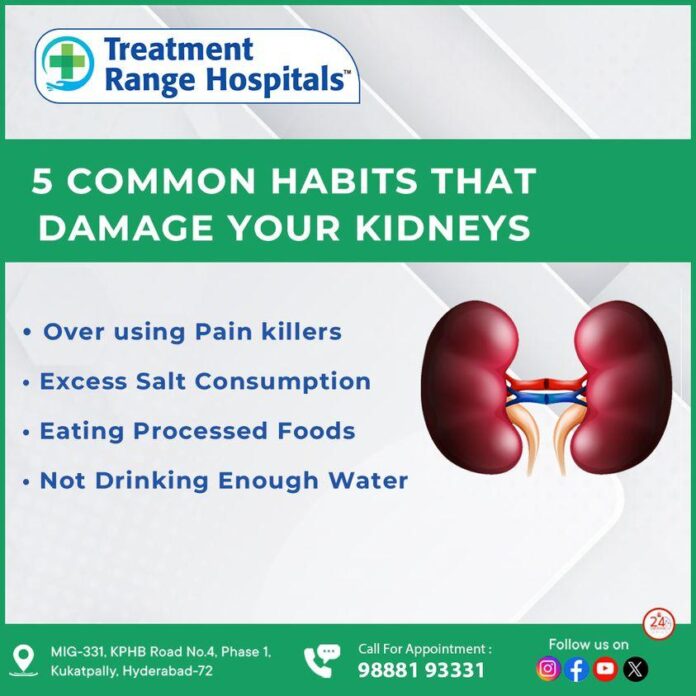
Diabetes and depression are two common health conditions that often go hand in hand. While they may seem like completely unrelated issues, there is actually a strong link between the two. Understanding this connection can be key for both the prevention and management of these potentially debilitating conditions.
Diabetes is a chronic condition that occurs when the body is unable to properly regulate blood sugar levels. There are two main types of diabetes – Type 1, which is usually diagnosed in childhood or young adulthood, and Type 2, which is more commonly diagnosed in adults. Both types of diabetes can have serious long-term health consequences if not properly managed, including heart disease, nerve damage, and kidney failure.
Depression, on the other hand, is a mood disorder that can cause persistent feelings of sadness, hopelessness, and loss of interest in activities. It can also lead to physical symptoms such as fatigue, changes in appetite, and difficulty sleeping. Depression can be triggered by a variety of factors, including genetics, life events, and chemical imbalances in the brain.
So how are diabetes and depression connected? One major factor is the impact that diabetes can have on a person’s mental health. The stress of managing a chronic illness like diabetes can be overwhelming and can lead to feelings of anxiety, frustration, and even depression. The constant monitoring of blood sugar levels, adherence to a strict diet and exercise regimen, and the fear of complications can all take a toll on a person’s emotional well-being.
Additionally, the physical effects of diabetes can contribute to the development of depression. Uncontrolled blood sugar levels can lead to fluctuations in mood and energy levels, while complications such as nerve damage and vision problems can impact a person’s quality of life. The increased risk of heart disease and other serious health issues associated with diabetes can also contribute to feelings of anxiety and depression.
On the flip side, depression can also increase the risk of developing diabetes. People with depression are more likely to engage in unhealthy behaviors such as overeating, smoking, and lack of physical activity, all of which are risk factors for Type 2 diabetes. Depression can also lead to hormonal imbalances that can affect blood sugar regulation and insulin sensitivity.
So what can be done to address the link between diabetes and depression? First and foremost, it’s important for healthcare providers to screen patients with diabetes for symptoms of depression and vice versa. By identifying and treating depression early, the risk of complications from both conditions can be reduced.
In addition to traditional treatments such as therapy and medication, lifestyle changes can also play a key role in managing both conditions. Regular exercise, a healthy diet, and adequate sleep can all help improve mood and energy levels, as well as blood sugar control. Support groups and other forms of social support can also be beneficial for people dealing with the challenges of diabetes and depression.
It’s also important for patients with diabetes to prioritize their mental health and seek help if needed. Ignoring symptoms of depression can have serious consequences for both physical and emotional well-being. By taking a proactive approach to managing both diabetes and depression, individuals can improve their overall quality of life and reduce the risk of complications from these conditions.
In conclusion, the link between diabetes and depression is a complex and multifaceted one. Both conditions can have a significant impact on a person’s quality of life and overall health. By understanding the connection between diabetes and depression and taking steps to address both conditions, individuals can improve their well-being and reduce the risk of complications in the long term. It’s important for healthcare providers to recognize the link between these conditions and provide comprehensive care that addresses the physical and emotional needs of patients with diabetes and depression.












